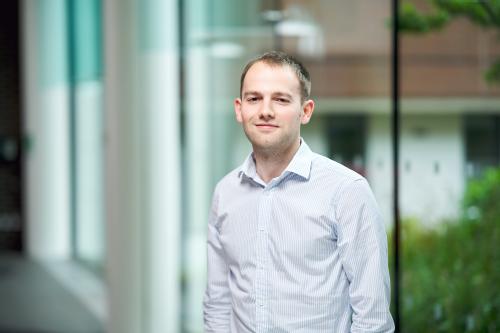Data Science News
Prof. Nasir Rajpoot awarded funding by Cancer Research UK to use machine learning to improve the early detection of oral cancer
Cancer Research UK is funding a study to examine the use of machine learning to assist pathologists and improve the early detection of oral cancer.
We are very excited to work on this project with Dr Khurram and his team at Sheffield. Early detection of cancer is a key focus area of research in our lab and this award by CRUK adds to the portfolio of research at the TIA lab on early detection of cancer.
The pilot project will pave the way towards the development of a tool that can help identify pre-malignant changes in oral dysplasia, crucial for the early detection of oral cancer. Successful completion of this project carries significant potential for saving lives and improving patient healthcare provision. -- Professor Nasir Rajpoot
The research is led by Dr Ali Khurram at the University of Sheffield with Professor Nasir Rajpoot from the University of Warwick as the co-Principal Investigator. Other co-investigators and collaborators include Professor Hisham Mehanna and Dr Paul Navkivell from the University of Birmingham and Dr Jacqueline James from Queen’s University Belfast.
Adam Shephard joins the TIA lab

Adam Shephard has just joined the department as a Research Fellow and is currently working in the Tissue Image Analytics (TIA) Lab on the ANTICIPATE project funded by Cancer Research UK. He has recently submitted his thesis on the application of deep learning to paediatric MRI at Aston University, under the supervision of Prof. Amanda Wood and Dr. Jan Novak. His role in the ANTICIPATE project will be concerned with the development and application of deep learning techniques to digitized histology slides to aid in the more efficient grading of head and neck tumours, to ultimately provide more accurate patient prognoses.
Dr Criseida Zamora joined the department as a Research Fellow
Dr Criseida Zamora has joined the department to work together with Dr Yulia Timofeeva, Prof Kirill Volynski (UCL) and a number of other world-leading experimental laboratories on an MRC-funded project "Virtual presynaptic nerve terminal". This project aims to develop a unified computational modelling framework which will allow the neuroscience community to explore mechanisms of synaptic transmitter release that cannot be directly determined experimentally.
Criseida is a Bionic engineer working in the Systems Biology field. She received a PhD degree in Biomedical Engineering and Physics working on the analysis of biochemical noise in synthetic genetic circuits at the Center for Research and Advanced Studies of the National Polytechnic Institute in Mexico. Her academic background and research experience have focused hitherto on building in silico models to study emergent properties of molecular systems to answer physiological questions. She has also worked as a postdoctoral scholar at Okinawa Institute of Science and Technology in Japan and the University of Bristol.
